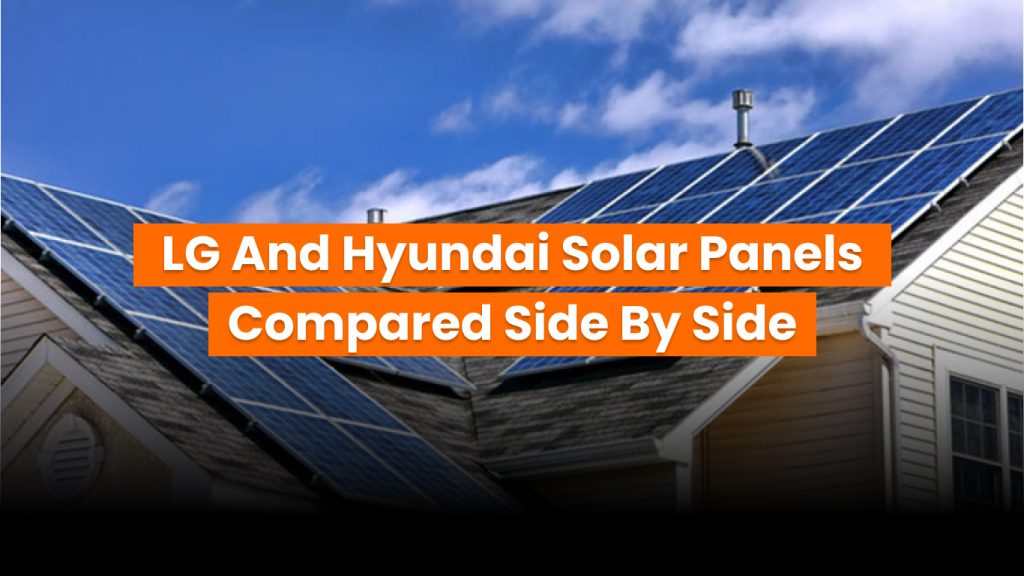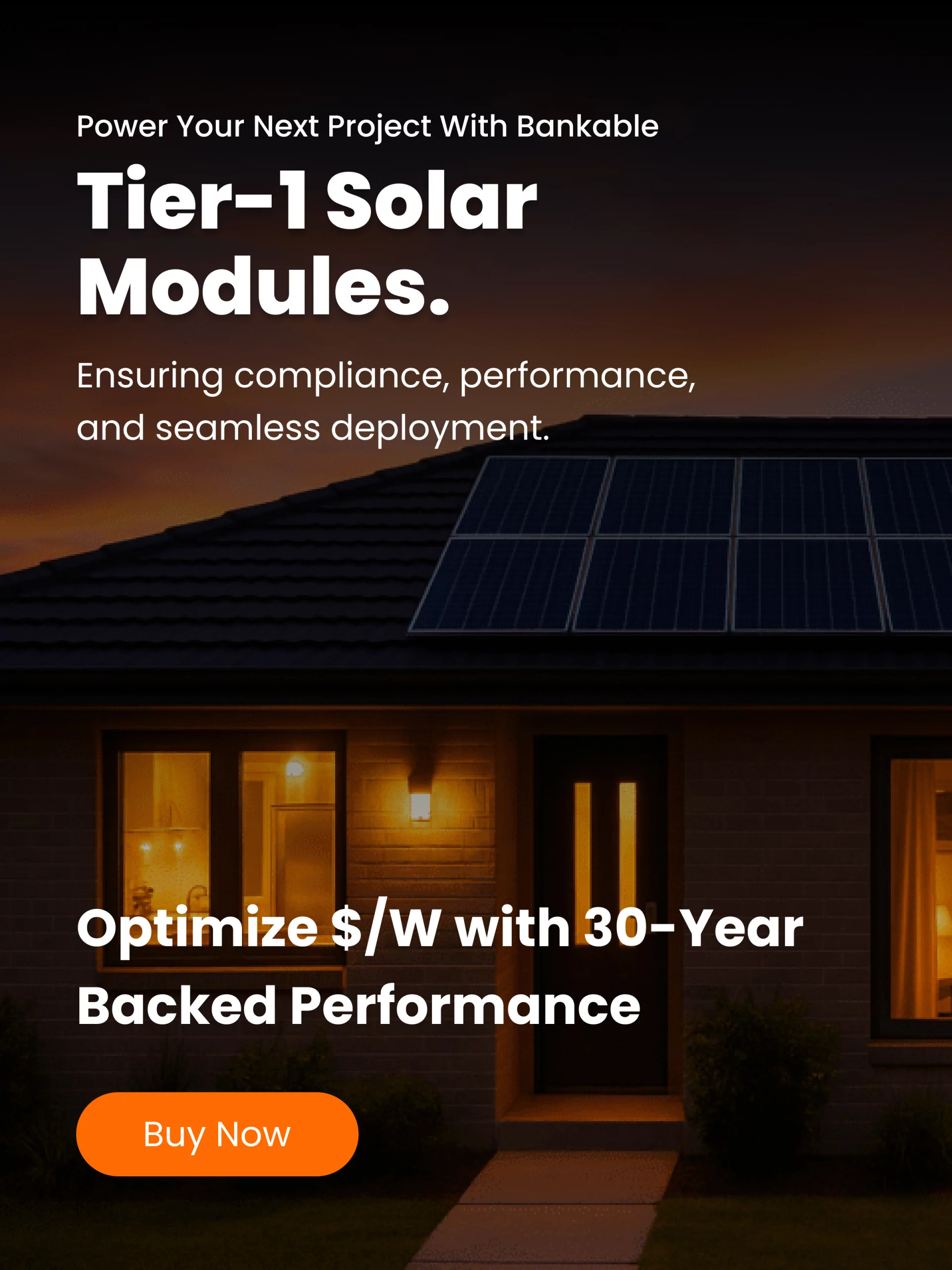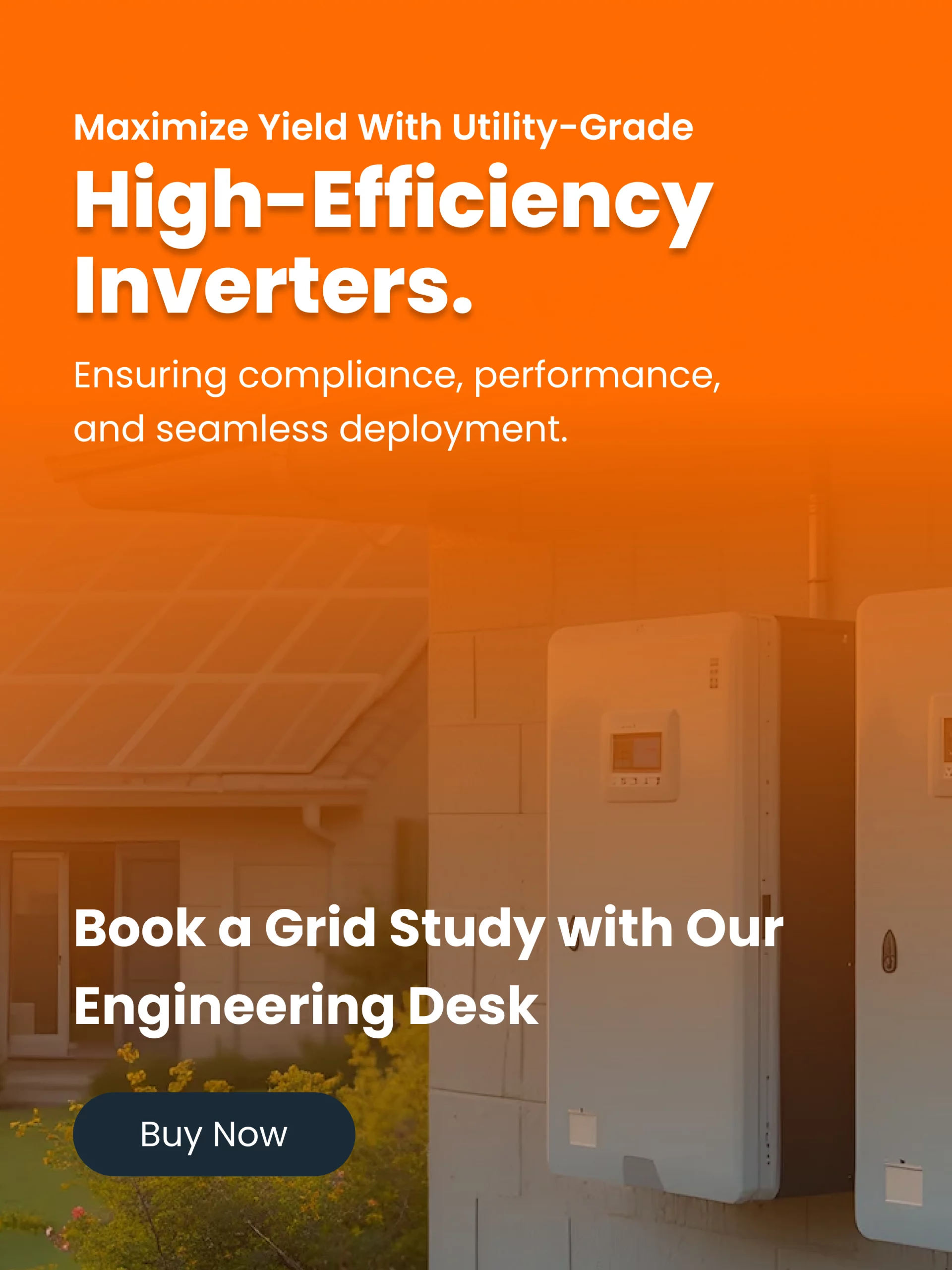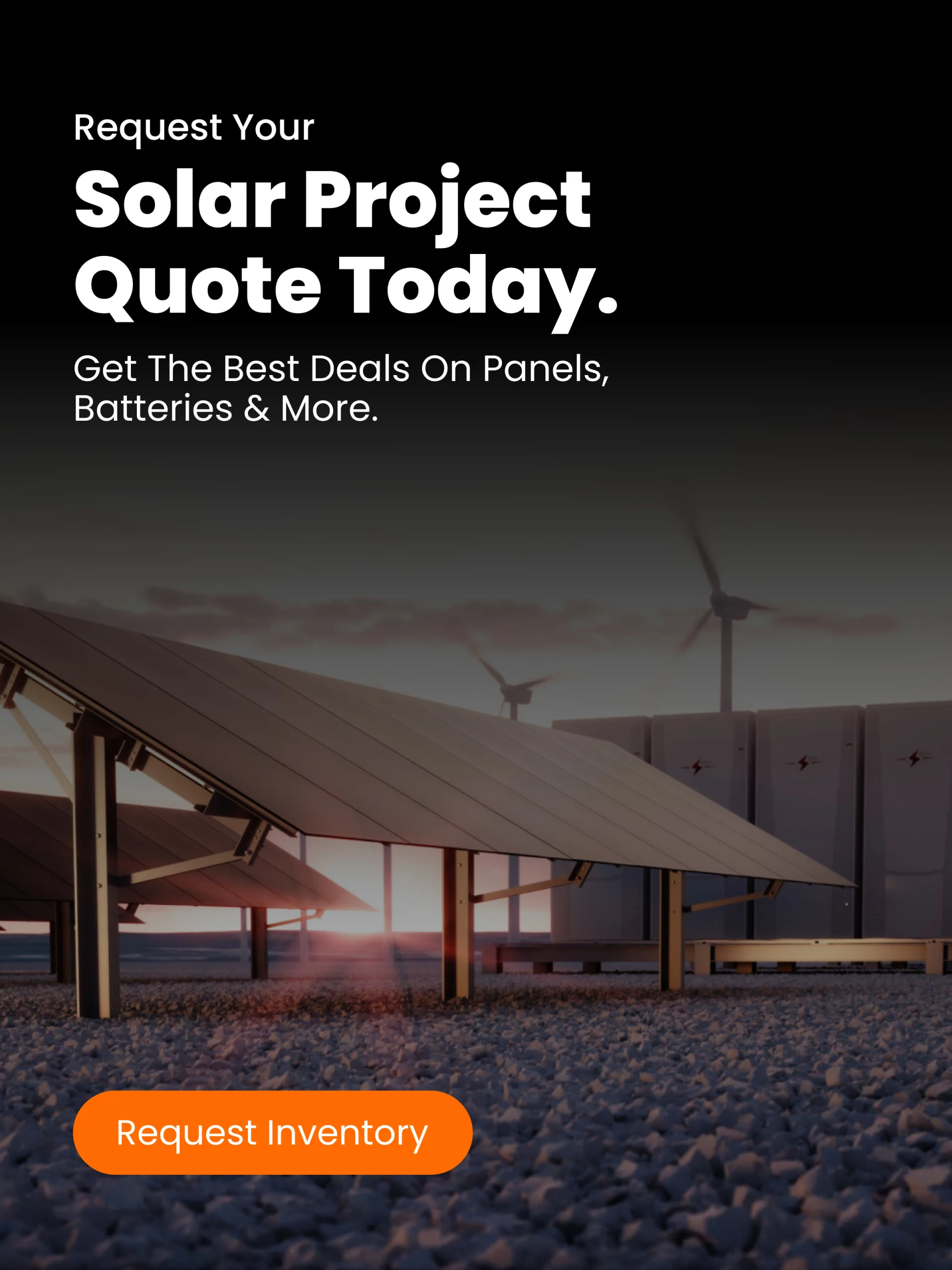When choosing solar panels for your home or business, two Korean giants often come up: LG VS HYUNDAI Solar Panels. Both brands offer advanced technology, strong warranties, and global reputations—but they differ in key ways. Here’s an in-depth comparison to help you decide which is the right fit for your solar project.
Brand highlights
LG Solar
LG Solar, a division of LG Electronics, entered the solar panel market in 2010 with a reputation for innovation and quality. The company developed N-type cells, known for high efficiency and long-term performance. Although LG exited the solar manufacturing market in 2020, its existing panels are still on many rooftops today. LG panels are recognized for their:
- Excellent energy output, with efficiencies reaching up to 22.3%
- Strong warranty coverage, typically offering 25-year product and performance guarantees
- Reliable quality control, with manufacturing in both the U.S. and South Korea
These panels remain a solid choice for homeowners seeking premium performance, though availability may become limited now that LG no longer produces them.
Hyundai Solar
Hyundai Solar, part of Hyundai Heavy Industries, began producing panels in 2005 and has since established a robust international presence. Key highlights include:
- High conversion efficiency, comparable to leading brands
- Durability, thanks to careful manufacturing and material selection
- Wide product range, including residential, commercial, and utility options
- Support from a global conglomerate, which lends stability and innovation
Hyundai panels are typically more accessible and come with competitive warranties, making them a sensible mid- to high-tier option.
Pros and cons at a glance
| Feature | LG Solar | Hyundai Solar |
| Efficiency | Up to 22.3% | ~20.4% with models featuring PERC and half-cut cells |
| Warranties | 25-year product & performance | 25-year warranties; performance slightly faster loss |
| Availability | Phasing out; limited stock | Widely available with diverse models worldwide |
| Price | Generally higher cost | More competitive pricing |
| Brand strength | Premium, high reputation | Backed by industrial giant |
| Low-light performance | Excellent | Good, though slightly lower than premium brands |
Flagship models overview
LG NeON 2
One of LG’s top-tier panels, using N-type technology, offering high efficiency and excellent performance even in low-light conditions. It includes 25-year warranties for both product and performance, and is known for aesthetic appeal and robust output.
Hyundai HiN‑S365
A standout in Hyundai’s XG series, this panel leverages PERC and half-cut cell technology, boosting output and increasing resistance to micro-cracking. With around 20.4% efficiency, it offers solid performance at a more affordable price point.
Which one should you choose?
Go with LG if:
- You want top-tier efficiency and aren’t as price-sensitive
- You prioritize long-term performance and reliability, even with limited stock
- You value design and aesthetics—LG panels tend to look sleek on residential rooftops
Choose Hyundai if:
- You’re looking for a budget-friendly yet reliable panel
- You want multiple product options for home, business, or utility use
- You prefer a stable supply backed by a large, global manufacturer
Technology comparison
LG’s N-type cells have lower rates of degradation and better low-light performance than the more common P-type cells used by many brands. Hyundai panels often feature PERC (Passivated Emitter and Rear Cell) technology, which enhances light capture and electrical efficiency. Half-cut cells used by Hyundai help reduce power loss and improve shade tolerance.
Both companies build panels that can handle extreme weather, but LG panels have slightly higher mechanical strength ratings in some cases. However, Hyundai panels often win in terms of salt mist and ammonia resistance, making them a solid choice for coastal or agricultural installations.
Long-term performance and warranties
A key factor in panel selection is how well the product performs over time. LG guarantees at least 90.8% of rated output after 25 years. Hyundai offers a similar 25-year warranty, but with slightly steeper performance degradation—expect about 84.8% retention by year 25.
These numbers highlight that LG may have the edge in longevity, though Hyundai’s performance still falls within industry expectations and makes it a trustworthy choice.
Availability and pricing
Because LG Solar has exited the market, their panels are becoming harder to find. This exclusivity can be a selling point for some, but a challenge for projects that require large quantities or replacements later on. Hyundai continues to manufacture panels and has a global distribution network, making them easier to source.
Price-wise, LG panels are in the premium tier. Their superior efficiency and long-term durability come with a higher upfront cost. Hyundai panels, by contrast, offer solid performance at a lower price point, making them ideal for budget-conscious homeowners and businesses.
Final thoughts: a choice between premium and practicality
Both LG and Hyundai solar panels represent the strengths of South Korea’s tech and industrial sectors. LG delivers exceptional quality, sleek aesthetics, and higher efficiency—perfect for those who want the best and are willing to pay for it. Hyundai offers broader accessibility, competitive performance, and long-term reliability at a more affordable price.
At Sunhub, we understand that every project has unique needs. Whether you prioritize cutting-edge efficiency or dependable affordability, our solar experts are here to help you choose the right panel. Explore product specs, compare performance data, and get support from a trusted B2B solar distributor—all in one place at Sunhub.
Visit Sunhub for more detailed comparisons and purchasing options.




